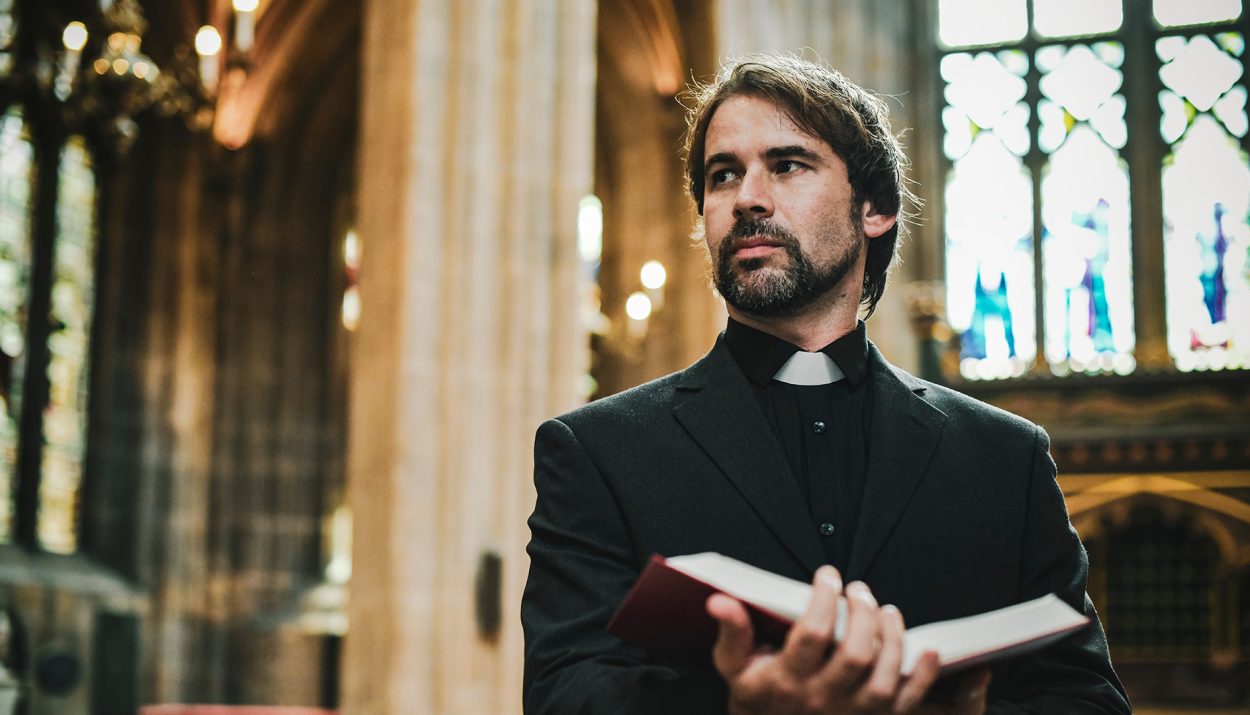In the land of the free, where ideals of liberty have echoed, a harsh truth unveils itself as the Catholic Diocese of Cleveland reveals a series of anti-LGBTQ+ regulations. Let’s look at the highlights of these attempts to restrict the rights of their fellow Americans, signed into effect by Bishop Edward C. Malesic and Chancellor Vincent.
LGBT Rights Have Been On The Rise
Over the last few years, there has been a rise in acceptance of the LGBTQ+ lifestyle. Religious institutions often are unhappy about this situation since many church doctrines go against this lifestyle.
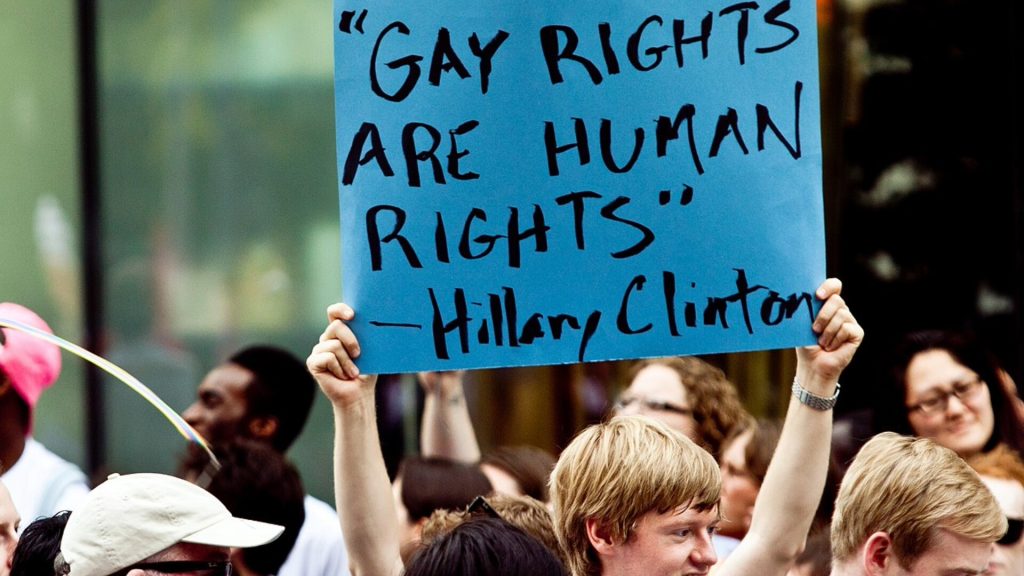
New guidelines have been proposed and ratified that make the Catholic Diocese in Cleveland a very unfriendly place for the LGBTQ+ community. It turns out the Church firmly believes the Bible’s statements about members of this community.
Scripture And Church Teachings Justify These Policies
In an official news release, the Diocese attempted to justify the new guidelines in response to changing societal trends. They intend to take existing guidance and practice in matters of sex, sexuality, and gender identity and flip them.

Part of this is to develop them into a formal policy rooted in scripture and Church teaching. The Diocese claims this as an attempt to align policies with broader societal shifts while remaining steadfast in adherence to religious doctrine.
Building a Scripturally Sound Teaching
The emphasis on grounding the guidelines in scripture and Church teaching underscores a conscious effort to assert traditional values against a changing cultural landscape.
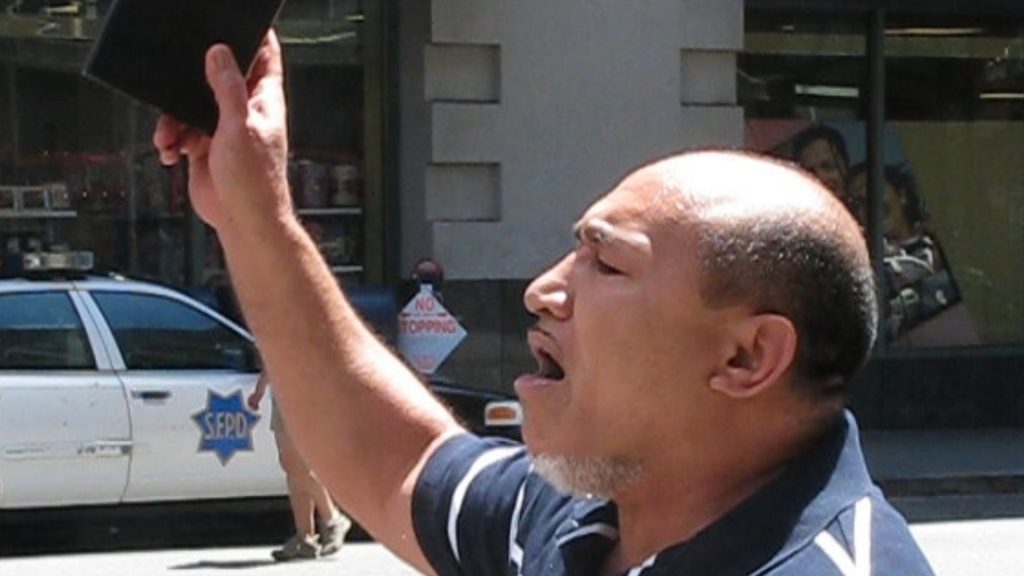
However, society has changed from when anti-LGBTQ+ was an acceptable stance for a church. Many congregations around the country realize it’s not in their best interest to alienate a significant portion of their potential congregants.
God-Given Biological Sex
The impact of the guidelines extends into various facets of life within its institutions. One noteworthy aspect is the insistence that pronouns used must align with a person’s “God-given biological sex.”
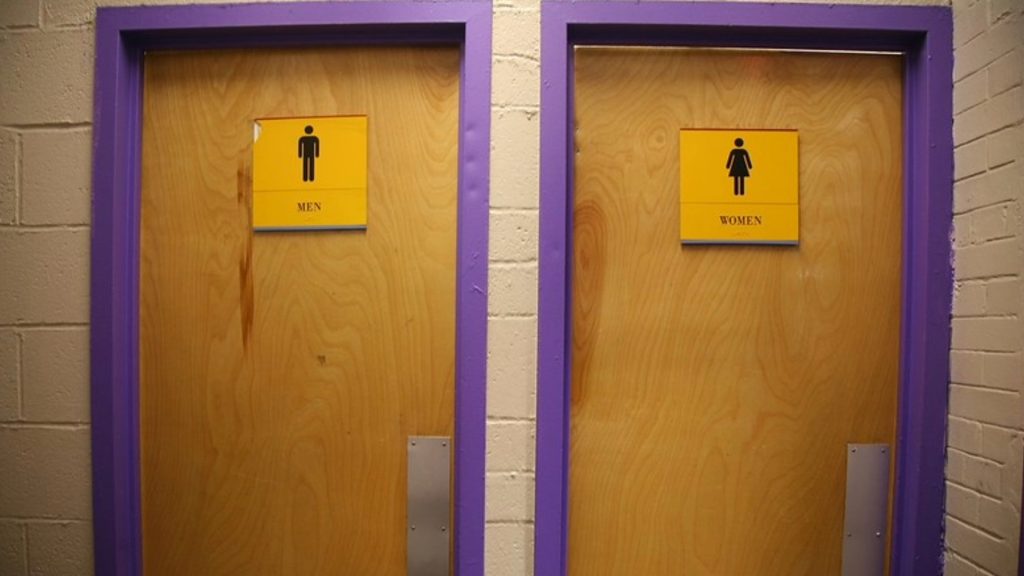
This directive not only seeks to control language but also reflects a lack of understanding of the difference between gender and biological sex. Science has shown that gender may not necessarily align with a person’s biological anatomy.
Restrooms Are An Issue As Well
Furthermore, the policies dictate that access to restrooms is contingent upon a person’s “God-given biological sex.” This move brings the regulations beyond the realm of language, entering the physical spaces of individuals within the Diocese’s institutions.
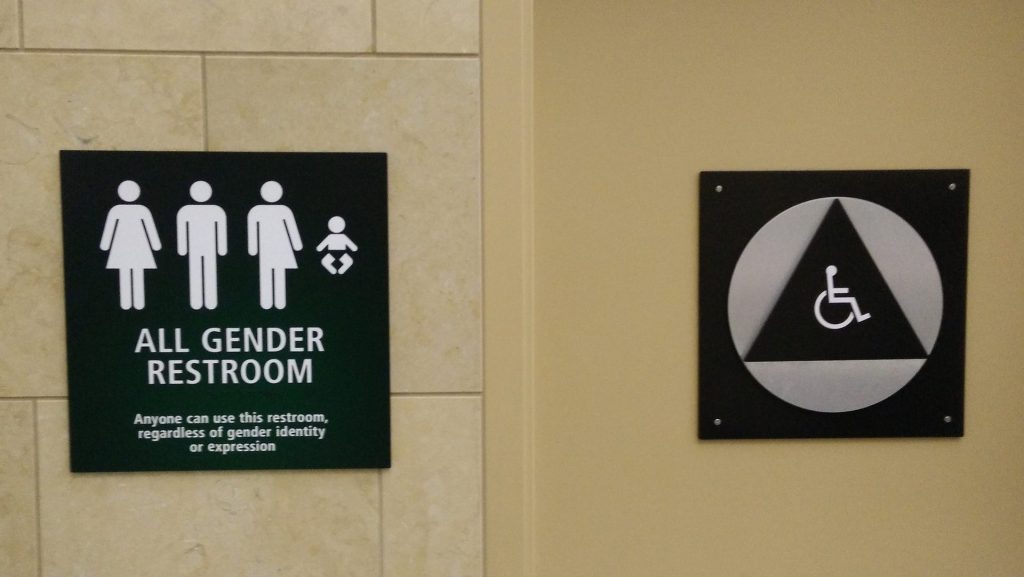
The policy’s reach into these fundamental aspects of daily life underscores the comprehensive nature of the guidelines and their potential impact on the lived experiences of those within the community.
Admission Criteria for Single-Sex Institutions and Programs
Admission to single-sex institutions under the diocese’s new guidelines also refers to “God-given biological sex.” It might seem redundant as this will prevent access to these institutions, but the Church seems more concerned with its ideology than inclusion.

The move also affects some of the Church’s programs, providing much-needed social activity for young adults. This is an obvious Strong-arming of conformity to traditional gender norms and maligns an entire community of people in the process.
Balancing Religion and Social Acceptance
One of the most challenging tightropes the Catholic Church has had to walk in recent years is its acceptance of the now more socially acceptable LGBTQ+ lifestyle.
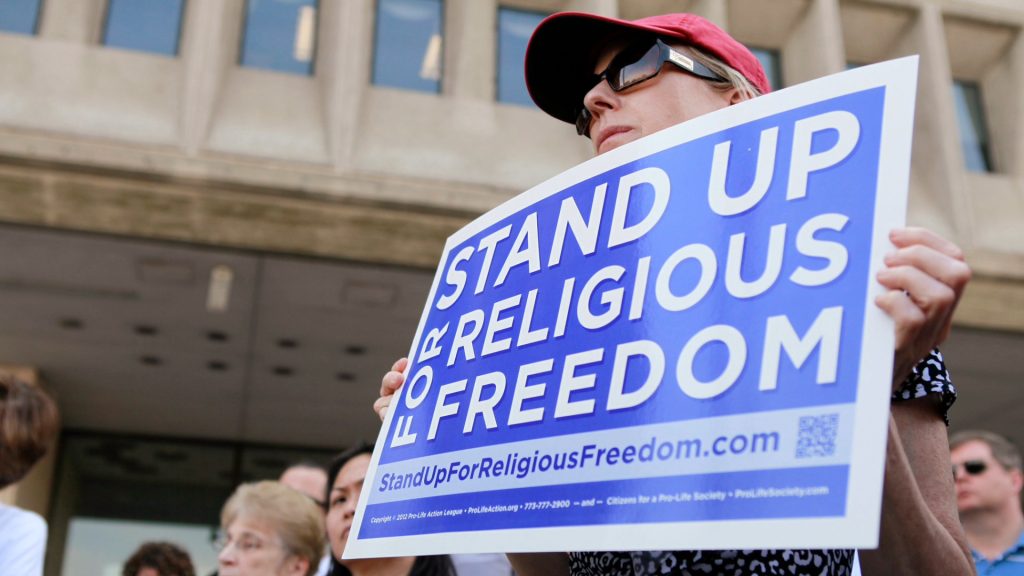
While many dioceses accept that people may align with the LGBTQ+ community, there’s still a strong undercurrent of discrimination from the rank and file of the church. Meeting the needs of these congregants without alienating the most traditional members is a massively complex task.
Same-Sex Dates are Banned
The Diocese’s guidelines even extend into social spheres. Attendees at events are explicitly prohibited from having same-sex dates or openly displaying same-sex attractions.

This regulation curtails the freedom of expressing love between two individuals in public. Hiding one’s true self for fear of alienation has caused irreparable mental and spiritual damage to countless thousands of young people to date.
Documentation Changes Ignore Gender Identities
Institutional records under the new guidelines will only display the “God-given biological sex” and legal name of individuals. This policy influences how individuals are officially recognized and acknowledges that the Church refuses to notice people within the LGBTQ+ community for who they are.
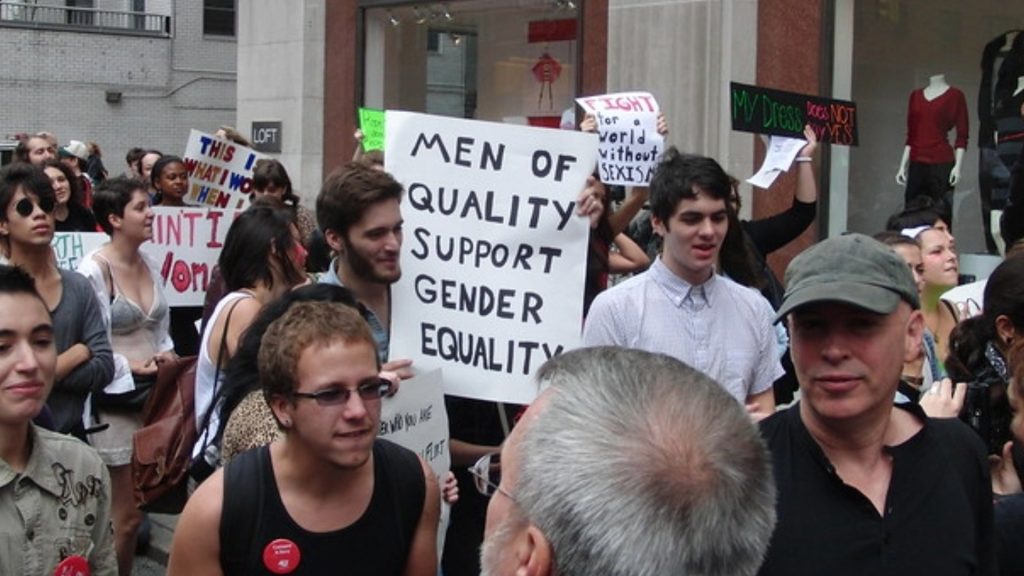
Psychologically, this can have a significant impact on someone’s mental state. Church youth who are conflicted about their gender identity now have to constantly be worried about being misgendered on official documents.
Gender Affirming Care is Banned
The Diocese’s guidelines firmly prohibit transitions, surgeries, or treatments that deviate from a person’s “God-given biological sex,” these raise a slew of ethical questions regarding the intersection of religious doctrine and its effect on individual autonomy. However, the Church’s position is firm – anything that deals with gender discussion is banned.

Moreover, LGBTQ+ symbols, including pride rainbows or flags, are banned within the institutions, limiting visual displays of identity and implying a stance against the visibility and acknowledgment of LGBTQ+ individuals.
Ignoring Its Own Teachings
Removing the symbols of the LGBTQ+ community is not just about representation. Churches have long been the cornerstone of community and a way for fellowship among people of different backgrounds. This latest move by the Church threatens that position in society.
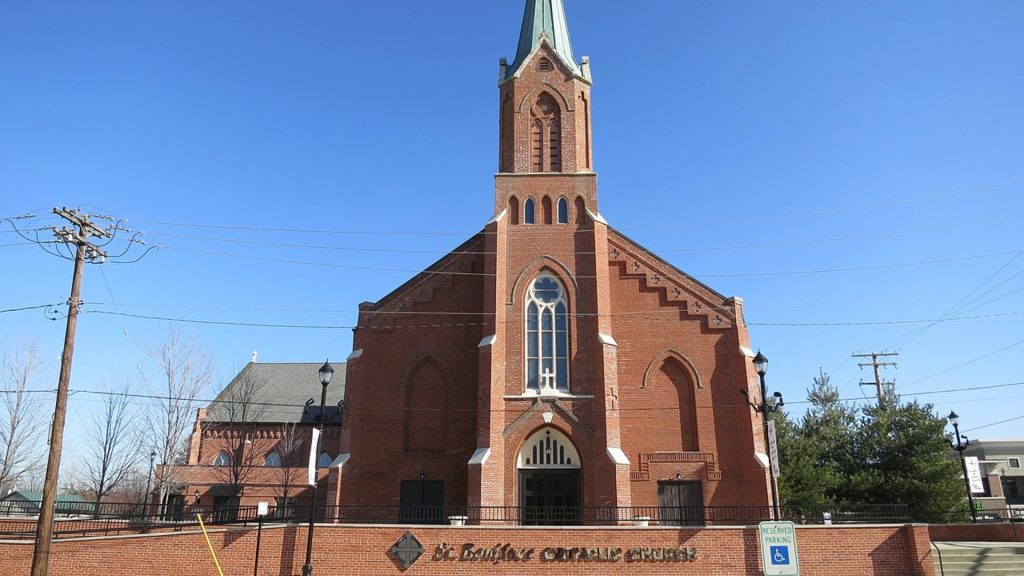
How ironic that an entire subset of people are being excluded from this “safe space” simply because of how they see themselves and who they love. It flies in the face of the Church’s own doctrines on accepting those of different cultural backgrounds.
The Outing of Trans Kids To Their Parents
The Diocese’s directives extend well beyond pronoun usage and restroom access, notably including regulations that intend to normalize the outing of Trans students to their parents. Reporting kids to their parents undermines their trust in the organization and eventually drives them away.

This practice not only breaches privacy but also poses potential risks to the well-being of these students. Since many Catholic families may disapprove of the lifestyle, outing kids to their parents is unconscionable for an institution that claims to have moral superiority.
Threatening Individual Freedoms and Privacy
One of the core tenets of a free society is privacy, yet threatening to tell parents about their kids’ gender identity before they’re ready to reveal it could be considered violating these kids’ right to privacy. In this case, the Church seems to think that the parents have more rights than the kids.
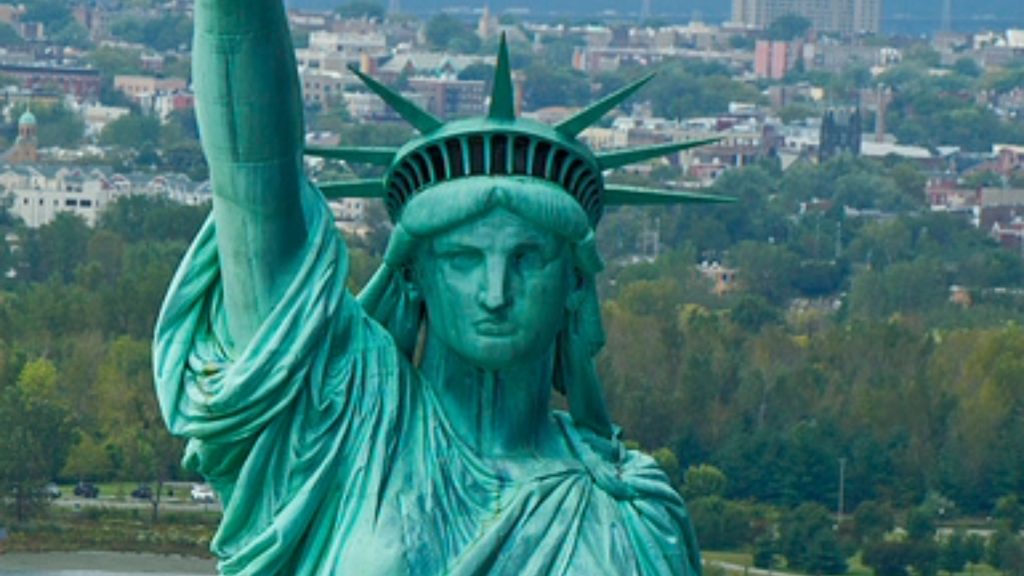
These directives that attempt to shape the social environment raise significant concerns. Not only are privacy, individual autonomy, and inclusivity threatened within the Diocese’s institutions, but so is the general safety of students when they leave these establishments.
A History of Abandonment
Why are LGBTQ+ kids so worried about their parents finding out about their identities before they’re ready to reveal them? Catholic households have a terrible reputation for dealing with the situation. Many overreact because they can’t understand what their children are telling them.

Overwhelmingly, many kids from Catholic homes who reveal their gender identities to their parents risk being abandoned because of it. This cuts off their support network and can lead to the worst outcomes for the lives of these young people.
A Mountain of Anti-LGBTQ+ Bills in the U.S. In 2023
In 2023, the United States has seen the introduction of over 500 anti-LGBTQ+ bills across various state legislatures, as reported by the American Civil Liberties Union.

This widespread legislative activity reflects a concerning trend that goes beyond the local scope, impacting the rights and freedoms of LGBTQ+ individuals nationwide. This is no longer just about the kids; it also affects adults.
Laws Could Affect Several Areas Significantly
Ten of these bills, covering a spectrum of topics, were proposed in Ohio. From banning trans women in sports to forbidding drag performances, all of these were covered under this sweeping legislative push. These proposals touch on various aspects of LGBTQ+ life.

One noteworthy measure aims to restrict gender-affirming care, signaling a broader challenge to the rights and well-being of transgender individuals in the state. The legislative landscape in Ohio mirrors a larger pattern of actions that pose threats to the inclusivity and acceptance of the LGBTQ+ community countrywide.
Pope Francis’ Critique
Amidst the surge of anti-LGBTQ+ bills and measures in the United States, Pope Francis weighed in on the matter during a meeting in Portugal on August 28, 2023. He criticized what he termed as the “very strong, organized, reactionary attitude” of some American Catholics, accusing them of exchanging faith for ideology.
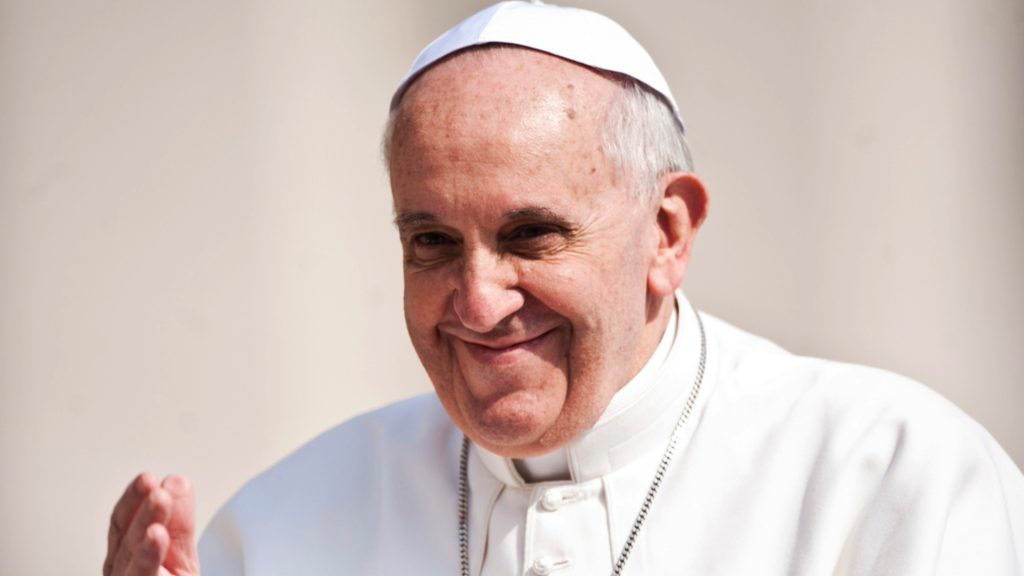
This statement from the Pope sheds light on the internal dynamics within the Catholic community, highlighting a tension between religious beliefs and political ideologies that further complicates the discourse surrounding LGBTQ+ rights in America.
Cleveland Mayor Supports the LGBTQ+ Community
In the face of recent policy changes, Mayor Justin Bibb of Cleveland released a statement affirming his solidarity with the LGBTQ+ community. “I extend my heartfelt support to our LGBTQ+ friends and students. This policy and any expressions of hatred will not go unnoticed,” Mayor Bibb asserted.

The Mayor’s declaration reflects a dedication to fostering an environment of acceptance, assuring residents that their concerns are acknowledged and respected. It’s a position held by many liberal politicians in the country.
Just Following Their Doctrine
In the aftermath of these developments, social media users have been notably polarized. Some users argue that there are many references to homosexuality being against Christianity and that they are simply following doctrine. Others express complete opposition, pointing out a blatant disregard for individual human rights.
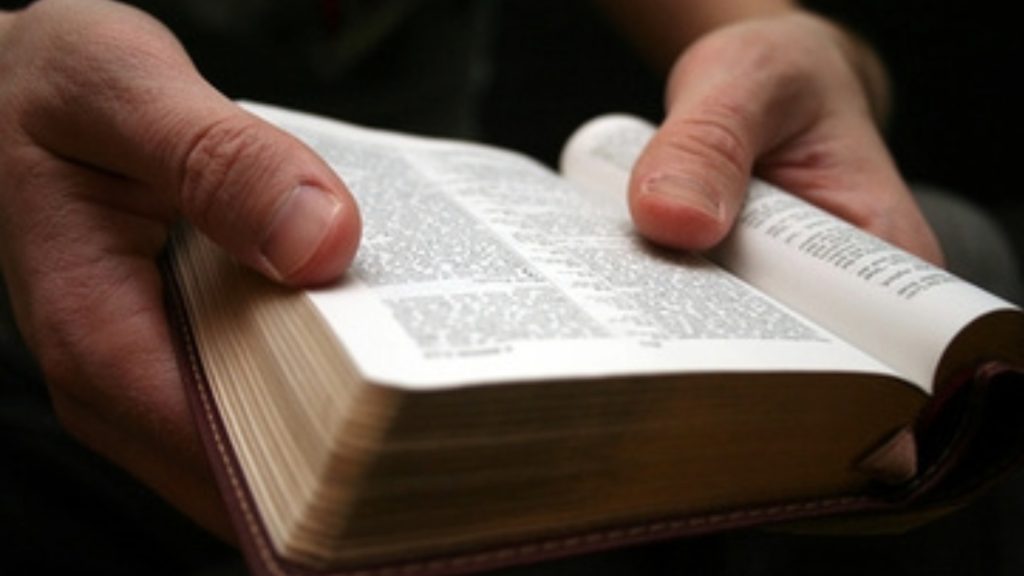
The clash of opinions underscores a broader societal debate: the tension between religious freedom and individual rights. As various sectors of society respond, it remains uncertain how these policies will unfold in real-world scenarios.
The Land of The Free
In 2023, the narrative of America being the “land of the free” faces a challenging reality, exemplified by the surge of over 500 anti-LGBTQ+ bills posing a direct threat to fundamental human rights. However, we are reminded that Allies and support for the LGBTQ+ community exist and refuse to give in to hate.

True freedom embraces the right for all individuals to live authentically, free from discrimination, regardless of gender identity or sexual orientation. Despite current challenges, allies within religious institutions and local governance offer hope for a more inclusive America, reinforcing the belief that true freedom transcends boundaries.

